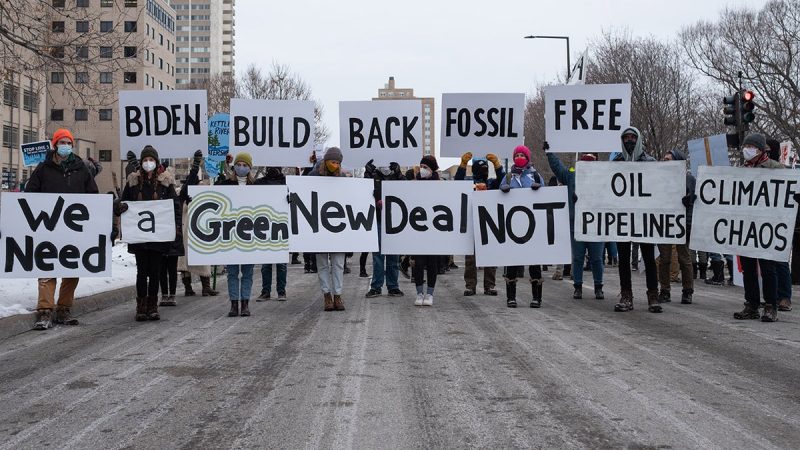The Supreme Court of the United States has recently sparked significant interest by signaling its intention to hear a major climate change case that could potentially have far-reaching implications. This move has caught the attention of both liberals and conservatives, as it has the potential to shift the legal landscape surrounding environmental issues.
The case under consideration revolves around the question of whether the Environmental Protection Agency (EPA) has the authority to regulate greenhouse gas emissions from power plants and other industries. A group of states, along with industry stakeholders, have challenged the EPA’s authority, arguing that such regulations would significantly impact their operations and unfairly burden them with compliance costs.
This legal battle comes at a crucial time when the effects of climate change are becoming increasingly evident. Rising global temperatures, melting ice caps, and extreme weather events serve as stark reminders of the urgent need for action to combat climate change. The outcome of this case could have significant implications for the future of environmental regulation in the United States.
From a liberal perspective, the prospect of the Supreme Court taking up this case may be seen as a cause for concern. Liberals generally advocate for stronger environmental regulations and more aggressive action to address climate change. A ruling that limits the EPA’s authority to regulate greenhouse gas emissions could be a setback for these goals, potentially allowing industries to continue polluting without facing meaningful consequences.
On the other hand, conservatives may view the Supreme Court’s interest in this case as a positive development. Many conservatives have been critical of what they see as overreach by federal agencies like the EPA, arguing that such regulations stifle economic growth and innovation. A decision in favor of limiting the EPA’s authority could be seen as a victory for those who prioritize limited government interference in business affairs.
Overall, the Supreme Court’s decision to consider this major climate change case indicates that the issue of environmental regulation remains a complex and contentious one in the United States. As the legal battle unfolds, it will be important to consider the perspectives of all stakeholders and to weigh the potential consequences of any decision on the future of environmental policy and action. The outcome of this case could have significant implications not only for the environment but also for the broader regulatory landscape in the country.

